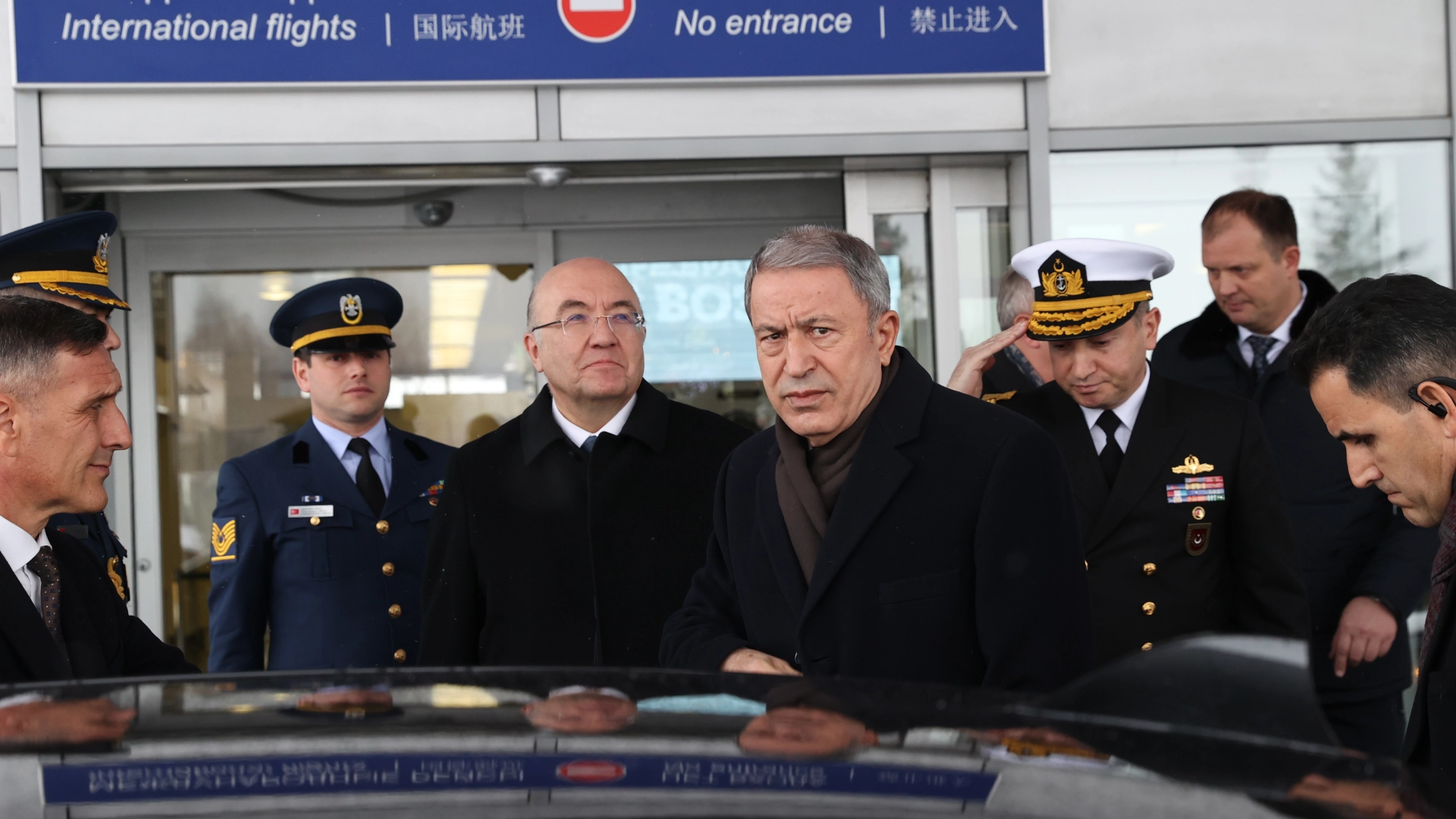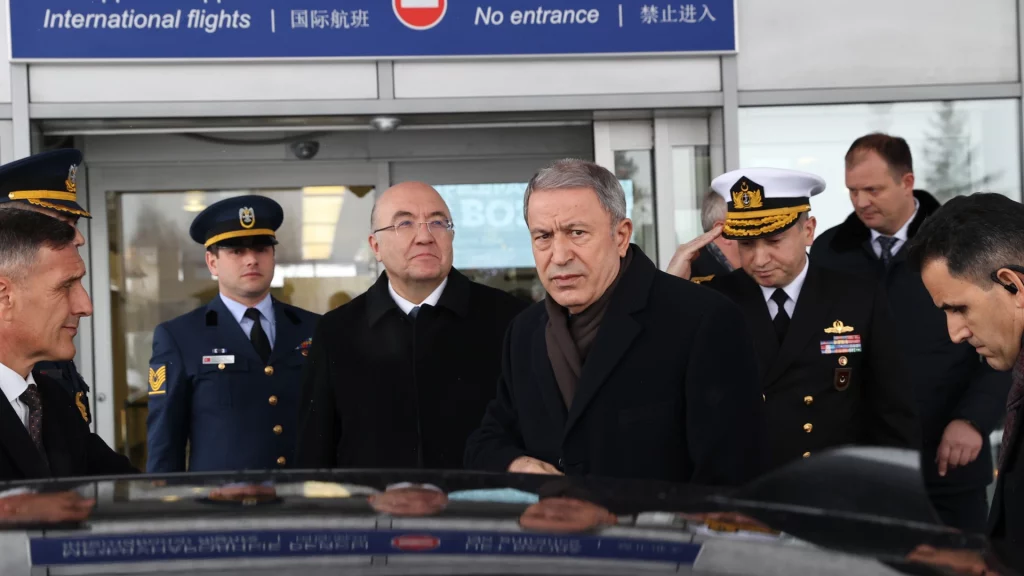Syria and Türkiye held high-level talks for the first time in over a decade last week. Syrian and Turkish defence ministers met in Moscow on Wednesday 28 December, despite ongoing conflict between Turkish and Turkish-backed forces against the Syrian government.
Hulusi Akar, Türkiye’s defence minister, and Hakan Fidan, head of the country’s National Intelligence Organisation, met with their Syrian counterparts Ali Mahmoud Abbas and Ali Mamlouk last Wednesday. Also at the meeting was Russian Defence Minister Sergei Shoigu.
Among the topics they discussed were the “Syrian crisis, refugee issue, and efforts of joint fight against all terror organisations on Syrian soil” according to the Russian Defence Ministry, in what it called a “constructive meeting”.
Such a meeting is significant as Syria and Türkiye have not held high-level talks since 2011, when the ongoing conflict in Syria began. Türkiye has continued to launch airstrikes into Syria, such as the recent Operation Claw-Sword.
Commencing on 20 November, the operation saw Türkiye attack positions in northern Syria and northern Iraq. The attacks targeted Kurdish positions and came a week after a bombing in Istanbul, which the Turkish government attributed to Kurdish militants.
Even with these talks between the two governments, the conflict is far from winding down. Türkiye’s President Erdoğan has repeatedly suggested he will launch a fresh ground offensive into Syria, which would be the fourth since 2016. Additionally, at the start of December the Syrian Democratic Forces announced the resumption of joint operations with US forces in northern Syria.
The issue of refugees was a key discussion point at the meeting, which is certainly not surprising. In 2022 alone, 58,758 Syrian refugees were deported from Türkiye, according to the country’s Ministry of Affairs and Immigration Management.
More recently, on Tuesday 3 January, Turkish Foreign Minister Mevlüt Çavuşoğlu met with Syrian opposition figures. In attendance were Salem al-Meslet, Chairman of the National Coalition for Syrian Opposition and Revolutionary Forces, and Abdul Rahman Mustafa, President of the Syrian Turkmen Assembly.
Of the meeting, Çavuşoğlu said, “We reiterate our support for the opposition and the Syrian people in accordance with UN Security Council Resolution 2254”, a 2015 resolution on achieveing a political solution in Syria.
Clearly then, though last Wednesday’s meeting was significant, nothing is simple and nothing is certain. Erdoğan, who is facing an election in June, very publicly suggests a new military offensive into Syria, and has continued hostilities against Kurdish forces.
There is still the issue of US forces to be resolved, as well as other combatant groups like Hay’at Tahrir al-Sham. On Monday 2 January their leader Abu Mohammed al-Julani responded to the talks in a video statement. He called for a “united front” of armed groups in the north of Syria and argued that “talks between the Syrian regime and its Russian ally with the Turkish side represent a serious deviation from our goals”.
Though further talks between Damascus and Ankara seem likely, a meeting between Presidents Erdoğan and Assad has not been planned.
Mia English, is Challenge’s News Editor




